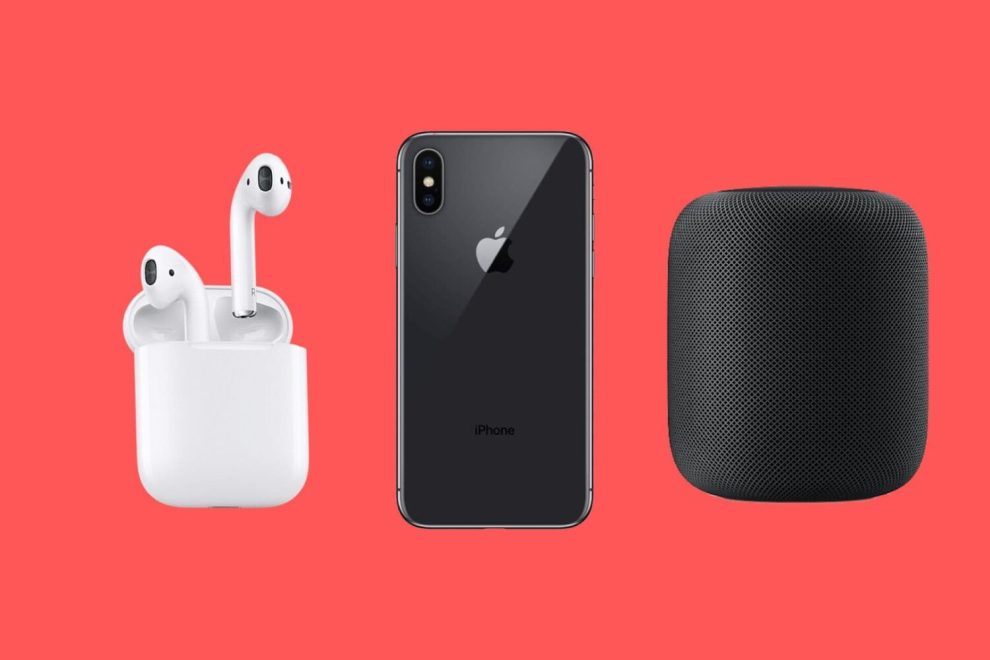For many Apple enthusiasts, a wave of nostalgia washed over them recently as Apple announced the reclassification of the iPhone X, first-generation HomePod, and original AirPods as “vintage” products. This seemingly innocuous change in terminology carries significant implications for owners of these once-flagship devices.
Understanding “Vintage” Status in the Apple Ecosystem
Apple maintains a list of “vintage” and “obsolete” products to categorize their support offerings. Products categorized as “vintage” are those that Apple discontinued selling more than five but less than seven years ago. While Apple Stores and authorized service providers may still offer repairs for vintage products, parts availability becomes increasingly limited over time.
For iPhone X, HomePod, and original AirPods owners, this “vintage” designation signifies they are nearing the end of their official Apple support lifecycle. Software updates for these devices are unlikely in the future, and repairs will become progressively more challenging to obtain.
A Look Back: The Impact of the iPhone X, HomePod, and Original AirPods
The iPhone X, launched in 2017, marked a significant shift in iPhone design with its edge-to-edge display and the introduction of Face ID facial recognition technology. It was a critical phone for Apple, paving the way for future iPhone iterations that continue this design philosophy.
The first-generation HomePod, released in 2018, aimed to redefine the smart speaker market with its focus on high-fidelity audio. While facing competition from established players like Amazon and Google, the HomePod carved a niche for itself with its sleek design and immersive sound experience.
The original AirPods, launched in 2016, revolutionized the wireless earbuds market. Their compact design, ease of use, and seamless integration with Apple devices made them a runaway success, setting the standard for the true wireless earbud category we see today.
What This Means for Owners of Vintage iPhone X, HomePod, and Original AirPods
With the “vintage” classification, owners of these devices should be aware of the following:
- Limited Software Updates: Don’t expect new features or security patches for these devices moving forward. Apple typically prioritizes software updates for its current and recently released products.
- Reduced Repair Availability: While some repairs might still be possible through Apple Stores or authorized service providers, parts scarcity will become an increasing concern. The complexity of repairs might also increase as technicians grapple with the availability of replacement parts.
- Potential Security Risks: The lack of software updates could leave these devices vulnerable to future security exploits. It’s crucial to remain vigilant about potential phishing attempts and malware threats.
Considering Your Options: Upgrade or Adapt?
The “vintage” classification presents iPhone X, HomePod, and original AirPods owners with a decision. Upgrading to newer models is the most straightforward solution, allowing you to benefit from the latest features, security updates, and readily available repairs. However, this can be a significant financial investment.
For those who are comfortable with the limitations of “vintage” status, there are ways to adapt:
- Explore Third-Party Repair Options: Independent repair shops may offer alternative repair solutions if Apple-authorized options become limited.
- Prioritize Backups: Regularly backing up your data to the cloud becomes even more important to ensure you don’t lose valuable information if your device fails unexpectedly.
- Embrace Security Best Practices: Be extra cautious about the websites you visit and the apps you download to minimize the risk of malware or phishing attacks on your “vintage” device.
The Future of Apple Products: A Cycle of Innovation and Obsolescence
The “vintage” classification system reflects the ever-evolving nature of technology. Apple, like most tech companies, prioritizes innovation and pushes the boundaries of its products with each new iteration. This inevitably leads to older models becoming outdated.
While the “vintage” designation might feel like an ending for some, it also highlights the remarkable advancements Apple has made in mobile technology over a short period. The iPhone X, HomePod, and original AirPods were once cutting-edge devices, and their legacy continues to influence the tech landscape today.
















Add Comment